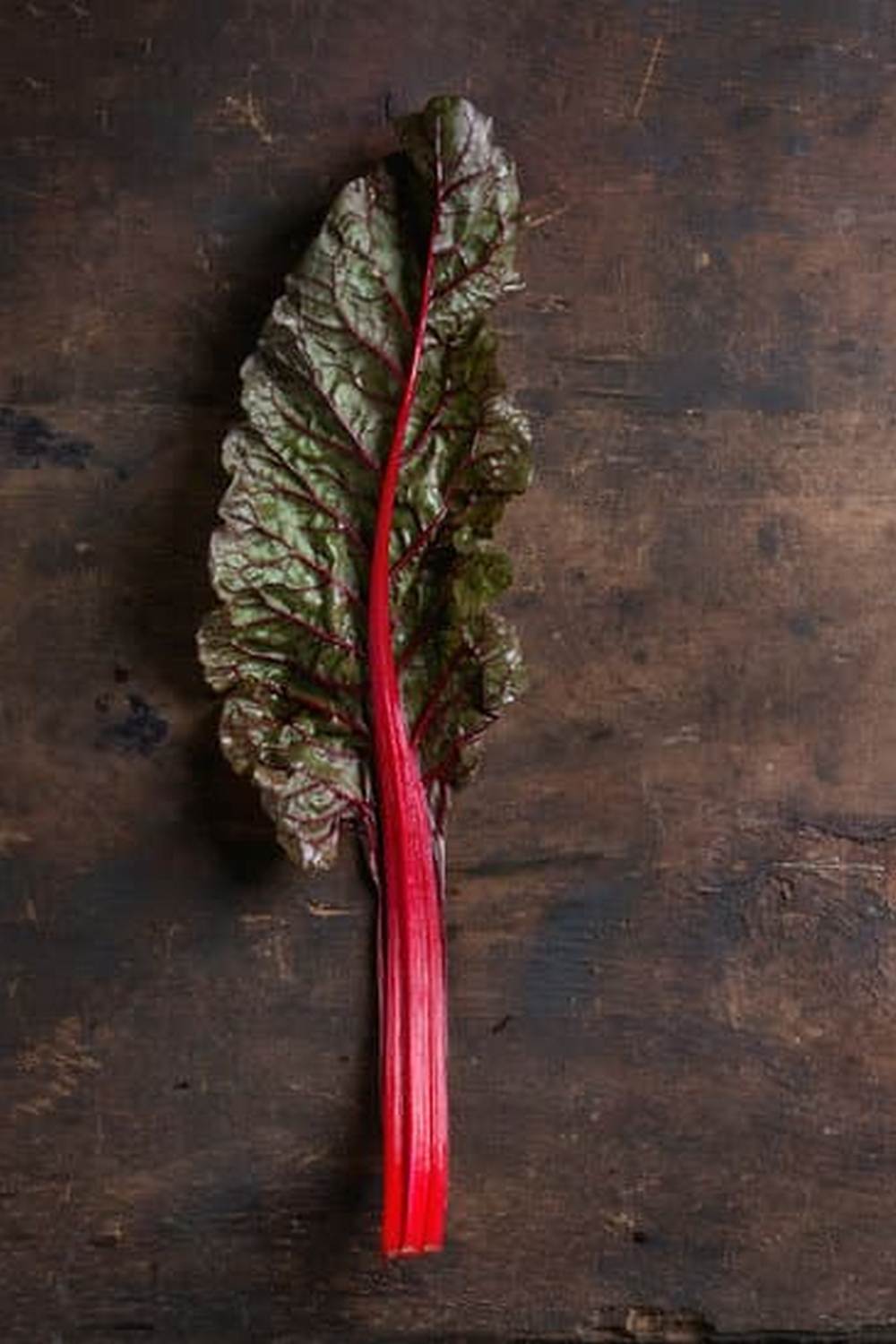Container vegetable gardening in India has gained popularity among urban dwellers, allowing them to cultivate fresh produce in limited spaces. This method of gardening is ideal for those with small yards or balconies, enabling them to enjoy the satisfaction of growing their vegetables at home. With the increasing interest in organic and sustainable living, container vegetable gardening offers a practical and rewarding way to incorporate homegrown produce into daily meals.
One of the key advantages of container vegetable gardening in India is its versatility and accessibility. By utilizing containers, individuals can overcome challenges such as limited space, poor soil quality, or lack of traditional garden beds. This approach also allows for greater control over environmental factors like sunlight exposure and water drainage, leading to more successful plant growth and cultivation.
Choosing the right containers for vegetable gardening in India is essential to ensure the health and productivity of the plants. Factors such as size, material, and drainage capacity play a crucial role in providing a suitable environment for different types of vegetables. By selecting containers that meet the specific needs of each plant species, gardeners can optimize their growing conditions and maximize yields from their container gardens.
Benefits of Container Gardening for Vegetables in Indian Settings
Container vegetable gardening in India offers numerous benefits for individuals looking to grow their own produce in limited spaces. Whether you live in an apartment with a small balcony or have a tiny backyard, container gardening allows you to cultivate a variety of vegetables right at home. Here are some advantages of opting for container gardening in Indian settings:
- Space-saving solution: In urban areas like Mumbai or Delhi where space is scarce, container gardening provides a practical alternative to traditional vegetable gardens.
- Portability: Containers can be easily moved around to optimize sunlight exposure and protect plants from harsh weather conditions, making it ideal for areas with unpredictable climates.
- Aesthetic appeal: With the right selection of colorful containers and vibrant vegetables, your container garden can serve as a beautiful addition to your home décor.
Additionally, container vegetable gardening in India allows for better control over soil quality and drainage, crucial factors in ensuring healthy plant growth. By choosing the appropriate containers and following proper care techniques, anyone can enjoy the benefits of growing their own fresh produce at home regardless of space limitations.
- Cost-effective: Container gardening eliminates the need for expensive landscaping equipment and allows you to start small with minimal investment. This is especially beneficial for beginners or those on a budget.
- Protection from pests: Raised containers can help deter common pests and ground-dwelling insects that may damage your crops, reducing the need for harmful pesticides.
- Sustainable practices: By growing your own vegetables at home through container gardening, you contribute to sustainable living by reducing carbon emissions associated with transportation and packaging of store-bought produce.
Choosing the Right Containers for Vegetable Gardening in India
Container vegetable gardening in India offers a convenient and space-saving way to grow your own fresh produce, even in urban settings. When it comes to choosing the right containers for your vegetable garden, there are several factors to consider to ensure healthy plant growth and maximum yield. Here are some tips on selecting the best containers for your container vegetable gardening endeavors:
- Material: Select containers made of durable materials such as plastic, clay, terracotta, or wood. Avoid using metal containers as they can heat up quickly in the sun, potentially damaging the plant roots.
- Size: Choose containers that are large enough to accommodate the root system of the specific vegetables you plan to grow. Different vegetables have varying root depths, so be sure to match the container size accordingly.
- Drainage: Proper drainage is essential for container gardening success. Make sure your containers have adequate drainage holes at the bottom to prevent waterlogging, which can lead to root rot.
In addition to these considerations, it’s important to think about mobility and aesthetics when selecting containers for your vegetable garden. Opt for lightweight containers with handles if you may need to move them around frequently or choose decorative pots that complement your outdoor space. By carefully choosing the right containers for your container vegetable gardening project in India, you can set yourself up for a successful and bountiful harvest.
- Terracotta pots are a popular choice for container vegetable gardening in India due to their natural properties that help regulate soil temperature and moisture levels.
- Plastic containers are lightweight, inexpensive, and come in a variety of sizes, making them a practical option for beginners or those looking for easy-to-maintain solutions.
- Elevated planters or hanging baskets are excellent choices for apartments or small balconies where floor space is limited. They also offer better air circulation around the plants.
Selection of Vegetables Suitable for Container Gardening in India
Container vegetable gardening in India offers a great opportunity to grow a variety of vegetables even in limited spaces such as balconies, terraces, or small yards. When selecting which vegetables to grow in containers, it is important to consider the climate, available sunlight, and space constraints. Some vegetables are better suited for container gardening in India due to their adaptability and size.
Popular Vegetables for Container Gardening in India
One of the most popular choices for container vegetable gardening in India is tomatoes. They thrive well in containers and provide a bountiful harvest throughout the growing season. Other vegetables that do well in containers include green beans, chili peppers, leafy greens like spinach and lettuce, radishes, and herbs like coriander and mint. These vegetables not only adapt well to container living but also add a variety of flavors to your meals.
Considerations for Choosing Vegetables
When selecting vegetables for your container garden in India, consider the size of the containers you have available. Larger plants like tomatoes may require bigger pots compared to smaller herbs. Additionally, think about the sunlight requirements of each vegetable as some may need more direct sunlight than others. It is also essential to select vegetables that are suitable for the Indian climate and can withstand high temperatures during summers.
By choosing the right mix of vegetables for your container garden in India, you can enjoy fresh produce right at your doorstep while maximizing the limited space you have available. Experimenting with different varieties each season can help you discover which vegetables thrive best in your specific growing conditions.
Best Practices for Soil Preparation and Fertilization in Container Gardening
Soil preparation and fertilization are crucial aspects of successful container vegetable gardening in India. The quality of soil and the nutrients it provides play a significant role in the growth and productivity of your vegetables. In this section, we will discuss some best practices for preparing the soil and ensuring proper fertilization to support healthy plant growth.
Soil Preparation
Before planting your vegetables in containers, it is essential to ensure that you have the right kind of soil mix. A well-draining potting mix that is rich in organic matter is ideal for container gardening.
You can either purchase a pre-made potting mix or create your own by combining components like peat moss, perlite, vermiculite, and compost. Make sure to fill your containers with the prepared soil mix up to an inch below the rim to allow for watering space.
Fertilization
In container vegetable gardening in India, regular fertilization is necessary to provide essential nutrients for plant growth. Organic fertilizers such as compost, aged manure, or fish emulsion are excellent choices for nourishing your plants. You can also use slow-release synthetic fertilizers specifically formulated for vegetables in containers. It is important to follow the recommended dosage instructions on the fertilizer package to avoid overfeeding your plants, which can lead to nutrient imbalances or burn roots.
Testing and Amending Soil
Periodically testing your soil’s pH levels can help ensure that it remains within the optimal range for vegetable growth. Most vegetables prefer slightly acidic soil with a pH level between 6.0 and 7.0. If necessary, you can amend the soil by adding materials like lime to raise pH or sulfur to lower pH levels. Remember to monitor your plants’ overall health and growth rate as indicators of whether they are receiving adequate nutrition from the soil.
Watering and Sunlight Requirements for Successful Vegetable Growth in Containers
Container vegetable gardening in India requires careful attention to watering and sunlight requirements to ensure the successful growth of vegetables. Adequate water is essential for plant growth, especially in a container setting where the soil can dry out quickly. It is important to maintain moist, but not waterlogged, soil for healthy plant development. In the hot and dry climate of India, regular watering is crucial to prevent wilting and dehydration of plants.
In addition, sunlight plays a vital role in the growth and productivity of vegetables in containers. Most vegetable plants require at least 6-8 hours of direct sunlight daily to thrive. When choosing a location for your container garden in India, select a spot that receives ample sunlight throughout the day. Keep in mind that different vegetables may have varying sunlight requirements, so it is essential to place your containers accordingly.
To help manage watering schedules and sunlight exposure for your container vegetable garden in India, consider investing in self-watering containers or using shade cloths to protect delicate plants from harsh sun rays. By providing adequate water and sunlight, you can promote healthy growth, flowering, and fruiting of vegetables in containers, ensuring a bountiful harvest for your kitchen table.
| Watering & Sunlight Tips | Benefits |
|---|---|
| Maintain moist soil by regularly checking soil moisture levels | Promotes healthy plant development |
| Choose a sunny spot with 6-8 hours of direct sunlight daily | Enhances growth and productivity of vegetables |
| Consider using self-watering containers or shade cloths | Helps manage watering schedules and protect plants from extreme conditions |
Tips for Managing Pests and Diseases in Container Vegetable Gardening in India
Pests and diseases can pose a significant challenge to container vegetable gardening in India. However, with proper knowledge and preventive measures, you can effectively manage these issues and ensure the health and productivity of your crops. One common pest that many container gardeners face is the aphid, a small insect that feeds on plant juices and can quickly multiply if left unchecked. To combat aphids, you can introduce beneficial insects like ladybugs or use organic insecticidal soaps.
Another common problem in container vegetable gardening is fungal diseases, such as powdery mildew or damping off. These diseases thrive in humid conditions and can quickly spread among your plants if not addressed promptly. To prevent fungal infections, make sure your containers have good drainage to avoid waterlogged soil, provide adequate air circulation around your plants, and avoid overhead watering, which can promote damp conditions conducive to fungal growth.
In addition to pests and diseases, it’s essential to be vigilant for any signs of nutritional deficiencies in your container-grown vegetables. Common symptoms include yellowing leaves, stunted growth, or poor fruit development. Conduct regular soil tests to ensure your plants have a balanced diet of essential nutrients. You can also supplement with organic fertilizers or compost to enrich the soil and promote healthy plant growth.
| Pests & Diseases | Preventive Measures |
|---|---|
| Aphids | Introduce ladybugs or use organic insecticidal soaps |
| Fungal Diseases | Ensure good drainage, provide air circulation, avoid overhead watering |
| Nutritional Deficiencies | Conduct soil tests, supplement with organic fertilizers or compost |
Harvesting and Maintenance
Container vegetable gardening in India offers a convenient and rewarding way to grow fresh produce in limited spaces. As you reach the harvesting stage, it’s important to maintain your container garden properly to ensure a bountiful yield. Regular maintenance tasks such as watering, fertilizing, and checking for pests are crucial for the health of your plants.
Harvesting is the most enjoyable part of container vegetable gardening in India. It’s essential to harvest your vegetables at the right time to enjoy them at their peak flavor and nutrition levels. Be sure to regularly check your plants for ripe produce and harvest them promptly. Additionally, proper pruning and trimming can help promote new growth and increase overall yields.
To maintain a successful container garden in India, regular monitoring is key. Keep an eye out for any signs of pests or diseases that may threaten your plants. Implement integrated pest management strategies such as using organic pesticides or introducing beneficial insects to keep these issues at bay. By staying attentive and proactive in your maintenance efforts, you can ensure a continuous supply of fresh and healthy vegetables from your container garden throughout the growing season.
In conclusion, container vegetable gardening in India presents a fantastic opportunity for individuals with limited space to enjoy the benefits of growing their own produce. By following best practices for harvesting and maintenance outlined in this article, you can maximize the yield from your container garden while enjoying a wide variety of fresh vegetables throughout the year. With proper care and attention, your container garden can thrive and provide you with a sustainable source of nutritious homegrown food.
Frequently Asked Questions
Which Vegetables Can Be Grown in Pots in India?
In India, a variety of vegetables can be successfully grown in pots. Popular choices include tomatoes, peppers, eggplants, radishes, lettuce, spinach, and herbs like mint and coriander. These vegetables adapt well to container gardening due to their compact size or ability to produce high yields in small spaces.
What Veg Is Best for Container Gardening?
When it comes to container gardening, certain vegetables thrive better than others. Vegetables like tomatoes, peppers, cucumbers, and leafy greens such as lettuce and spinach are considered best for growing in pots. Their relatively shallow root systems make them ideal for containers, ensuring they have enough space to grow and produce bountiful harvests.
What Vegetables Grow Well Together in a Container?
Some vegetables are known to complement each other when grown together in a container. For example, planting tomatoes with basil can help enhance the flavor of the tomatoes while deterring pests.
Similarly, pairing carrots with onions can lead to healthier growth for both crops since onions act as natural insect repellents for carrots. Experimenting with different vegetable combinations can lead to successful companion planting in container gardening.

If you’re looking to get into vegetable gardening, or are just looking for some tips on how to make your current garden better, then you’ve come to the right place! My name is Ethel and I have been gardening for years. In this blog, I’m going to share with you some of my best tips on how to create a successful vegetable garden.





